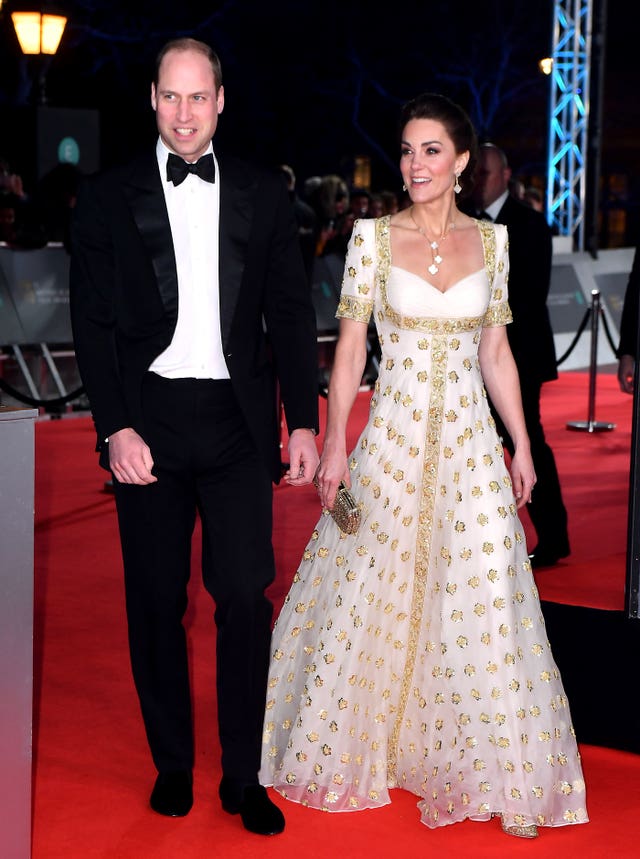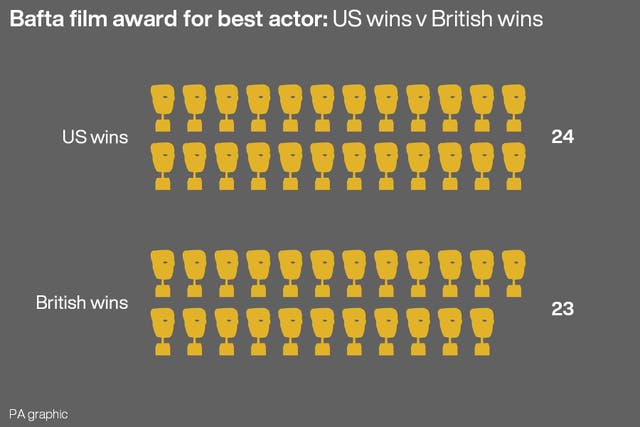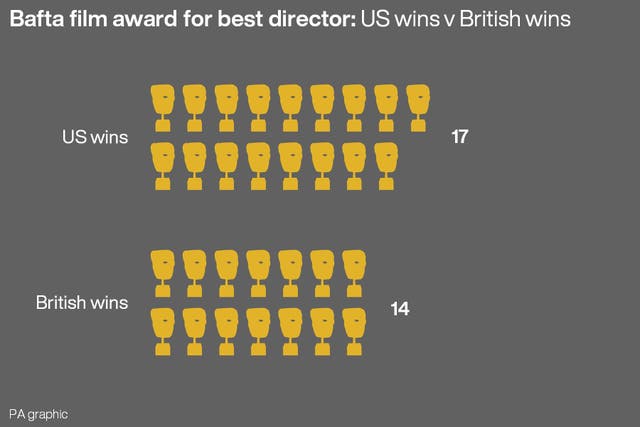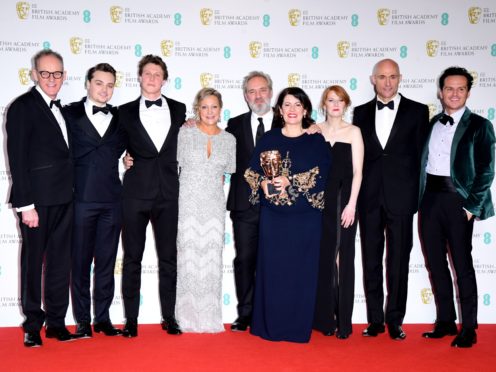War epic 1917 has swept up at the British Academy film awards but the ceremony faced criticism for lack of diversity among its nominees.
Sir Sam Mendes’s deeply personal film, based on a story told to him by his grandfather, won seven of the nine prizes it was nominated for, including best film, outstanding British film, best director and best cinematography.
Joaquin Phoenix was named best actor for Joker and used his speech to address the fact only white performers were nominated this year.
He said: “I feel very honoured and privileged to be here tonight – Bafta has always been very supportive of my career and I’m deeply appreciative. But I have to say that I also feel conflicted because so many of my fellow actors that are deserving don’t have that same privilege.
“I think that we send a very clear message to people of colour that you’re not welcome here, I think that’s the message that we’re sending to people that have contributed so much to our medium and our industry and in ways that we benefit from.”
He added: “I think that we really have to do the hard work to truly understand systemic racism. I think it is the obligation of the people that have created and perpetuated and benefited from a system of oppression to dismantle it, so that’s on us.”
The Duke Of Cambridge, who is president of Bafta, also referred to the issue in his speech on stage, saying: “Both here in the UK and in many other countries across the world we are lucky to have incredible film makers, actors, producers, directors and technicians – men and women from all backgrounds and ethnicities enriching our lives through film.
“Yet in 2020, and not for the first time in the last few years, we find ourselves talking again about the need to do more to ensure diversity in the sector and in the awards process – that simply cannot be right in this day and age.
“I know that both Pippa (Harris), chair of Bafta, and Amanda (Berry), Bafta CEO, share that frustration and continue to work tirelessly to ensure that creative talent is discovered and supported.

“Bafta take this issue seriously, and following this year’s nominations, have launched a full and thorough review of the entire awards process to build on their existing work and ensure that opportunities are available to everyone.”
Renee Zellweger was named best actress for her turn as Judy Garland in Judy at the ceremony and Laura Dern was named best supporting actress for Marriage Story.
Brad Pitt, who was named best supporting actor for Once Upon A Time…In Hollywood, missed the ceremony because of “family obligations” but asked co-star Margot Robbie to read his speech, saying; “Hey Britain, heard you just became single, welcome to the club. Wishing you the best with the divorce settlement.”

She added: “He says he is going to name this Harry because he is really excited about bringing it back to the States with him. His words not mine.”
Roger Deakins’s win for best cinematography for 1917 means he has become the most-decorated winner of that category, while Sir Sam won his first directing prize, making him the first British winner in the category since Danny Boyle won for Slumdog Millionaire.

The outstanding British contribution to cinema award was presented to Andy Serkis, while the EE rising star prize was awarded to Micheal Ward.
Lucasfilm president Kathleen Kennedy was presented with Bafta’s highest honour, the Fellowship.
